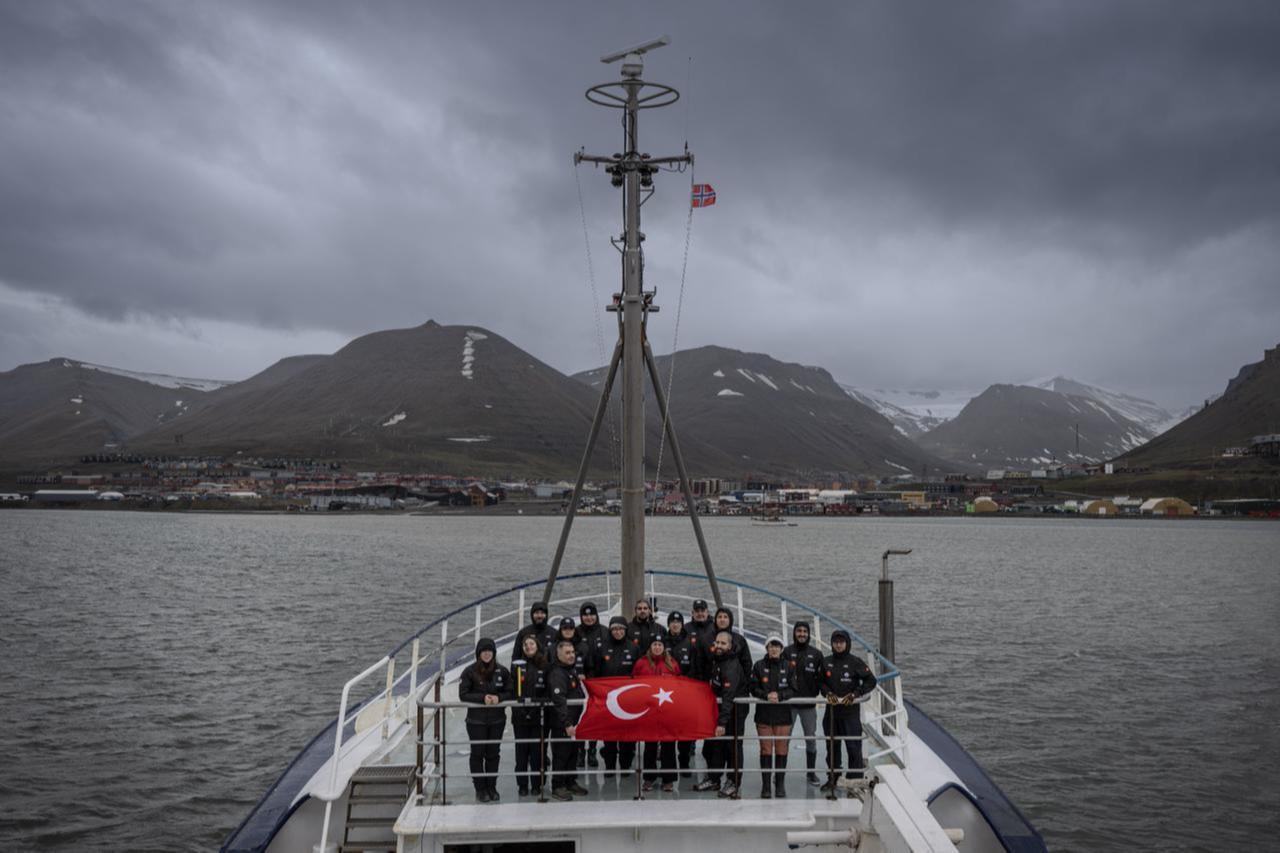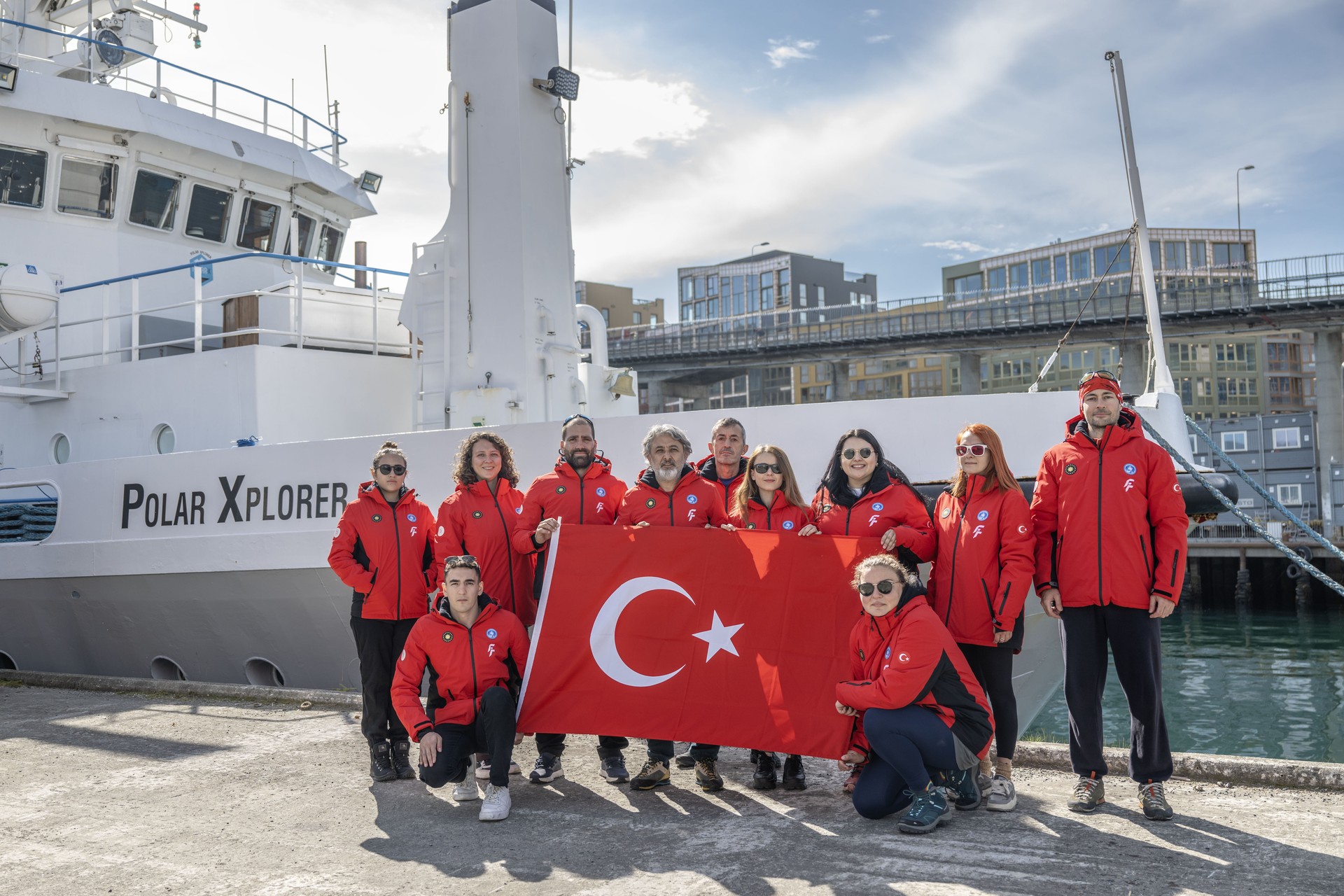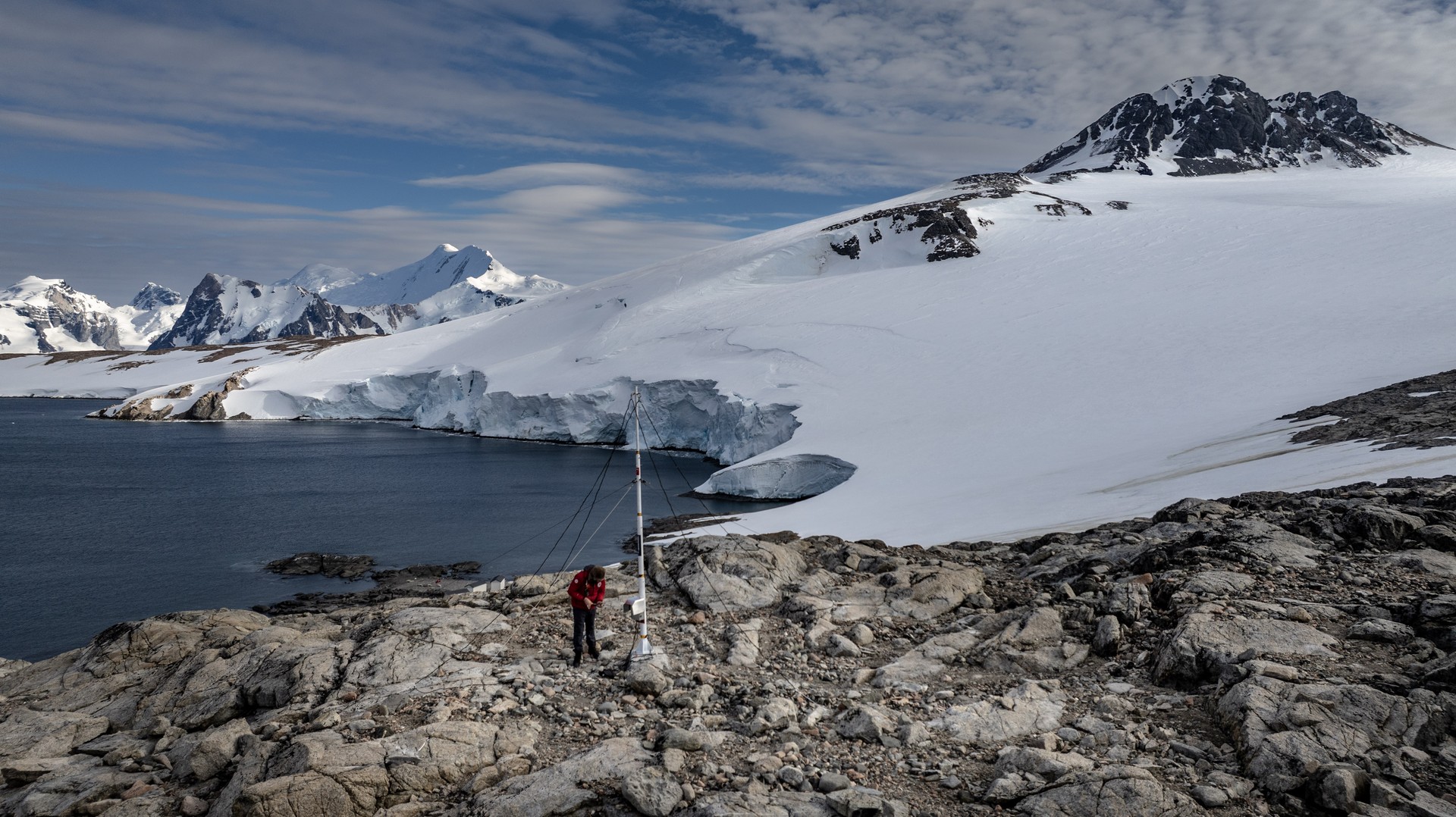
Türkiye has formed a new government body to coordinate the country's scientific activities in the Arctic and Antarctic regions as part of efforts to strengthen its strategic presence in these increasingly important areas.
President Recep Tayyip Erdogan signed a presidential circular published in the Official Gazette establishing the Polar Regions Coordination Council, which will be chaired by the Minister of Industry and Technology.
The directive emphasized the growing geostrategic, economic and ecological importance of polar regions, noting that glacial melting in these areas directly affects global climate, natural balance, energy resources, trade routes and sea levels.
According to the circular, Türkiye is adopting an approach that prioritizes innovation in science and technology as part of its 2053 vision. The initiative aims to strengthen Türkiye's international position in polar regions in line with the goals of the National Polar Science Strategy (2023-2035).

The council comprises deputy ministers from eight ministries: Industry and Technology, Environment, Urban Planning and Climate Change, Foreign Affairs, Energy and Natural Resources, National Defense, Agriculture and Forestry, Trade, and Transportation and Infrastructure. The head of Türkiye's Scientific and Technological Research Council (TUBITAK) and the director of TUBITAK's Polar Research Institute will also serve on the body.
The council will convene annually, though the chairman can call extraordinary meetings when necessary. The body is authorized to establish subcommittees and working groups as needed.

TUBITAK will provide secretariat services for the council. Representatives from universities, civil society organizations and the private sector may be invited to participate in meetings.
The directive called on all relevant institutions and organizations to provide necessary support for implementing the council's decisions, signaling a coordinated government approach to polar research and Türkiye's engagement in these strategically significant regions.
The establishment of the council reflects Türkiye's growing interest in polar affairs amid increasing international competition for influence in Arctic and Antarctic territories, which are becoming more accessible and economically significant due to climate change.